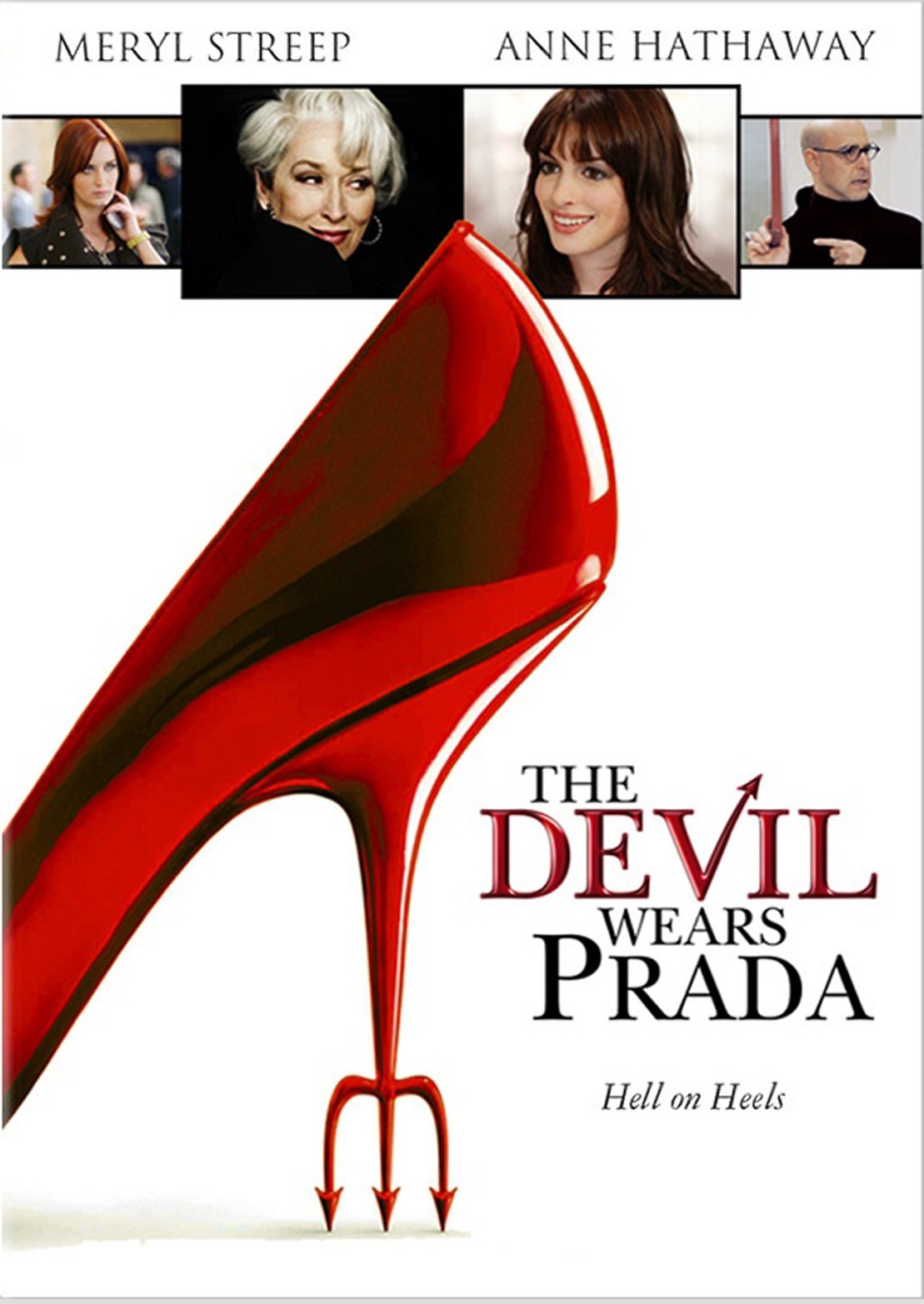Finanical Planning for Business Owners
Financial Planning for Business Owners
Every business has its ups and downs… well maybe there are a few exceptions, but it seems a fair generalisation. There are lots of reasons for running a business, but “simply for the fun of it”, is not a sustainable approach as most businesses drain the owners of time, energy and money. There may be (and hopefully there is) a really valuable service or product being provided through the business – after all that’s what will make it successful. This invariably is based on a conviction and passion about serving a particular need in life, not everyone’s but certainly a “target audience”. So a business can have many valid merits and virtues. However it also needs to work for the owner and many business owners forget that it needs to serve them too. Indeed I would argue that it needs to serve them first, if it doesn’t it is unlikely to be sustainable and therefore end up serving nobody. Whilst customers don’t wish to be taken advantage of, the sensible ones know that a healthy business is far better than one on its knees, struggling to survive; it inspires confidence for future service and reliability.
What is your why?
Business owners therefore need to think through what they really want out of the business. This may change over time, it probably will. Importantly though, you need to pay yourself before everyone else. This doesn’t mean being greedy, it means ensuring that you aren’t left with, well… what’s left. The principal of “pay yourself first” is well established and most employees will be familiar with it. You get a salary and then your bills are paid.. but noting that someone else gets paid at the same time – your State pension (NI) and the taxman – who clocked on many years ago that being paid first, each month is a reliable way to secure that payments arrive.
Business Owners have far more options
However, for the business owner it goes deeper. Paying yourself first also includes money for the future – such as a pension pot. This shouldn’t be left as a last expense, but a first expense. I was working with a business owner this morning, who is building a successful company and gradually employing more staff, taking on new premises and so on. As with all business owners there are more options and solutions for great financial planning. Those we discussed today were never selling the business, but building it so that dividends can be paid until death, but with others (a good pair of hands) taking over the management at some stage (ideally well before “retirement”). Another option is to build a value into the business, so that someone else might want to buy it and figuring out, how much the after tax and sales costs the sum needs to be. Thirdly, simply get the company to pay into a pension scheme, a business cost and part of the owners remuneration. There are other options too, but great financial planning will outline the options, help quantify the figures and build a plan that achieves the right results, knowing what returns are needed. All in all, empowering business owners to look after themselves, so that they can look after their staff and their customers.
Dominic Thomas: Solomons IFA



